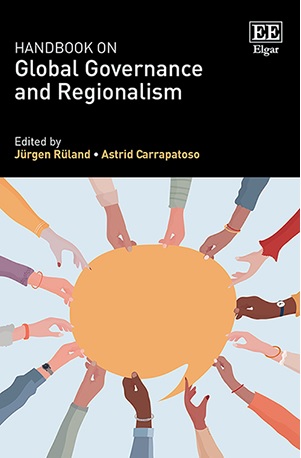This chapter explains the role of the United Nations (UN) in processes of global governance. It begins with a short overview of theoretical frameworks to study the system of the UN, which shows how schools of thought ascribe specific roles and functions to the UN. It then focuses on the development of the UN. The work of the UN in the realms of peace and security, development, and human rights exemplify how the UN as an instrument, arena or as an actor is positioned in-between processes of international and emerging global governance. Since its establishment in 1945, the UN had to adapt to a changing international environment and new global challenges. Accordingly, UN’s capabilities to reform and modify its formal and informal institutions, policies, and practices are discussed. The chapter concludes by outlining in rough strokes the contribution of the UN system to close global governance gaps.

Werthes, Sascha (2022): The United Nations: In-between International and Global Governance. In: Rüland, Jürgen; Carrapatoso, Astrid (eds.): Handbook on Global Governance and Regionalism. Cheltenham: Edward Elgar: 118-136.